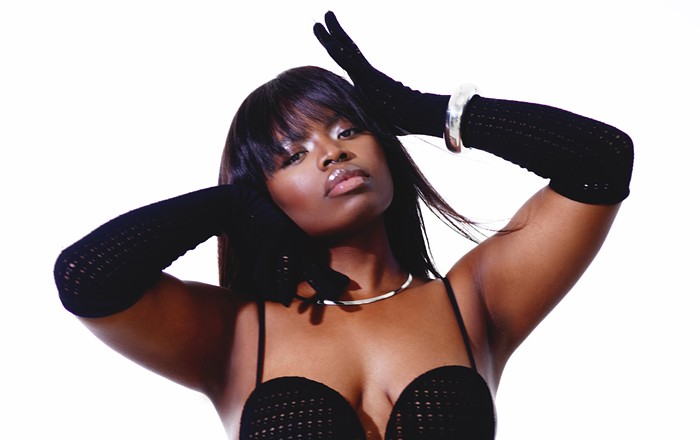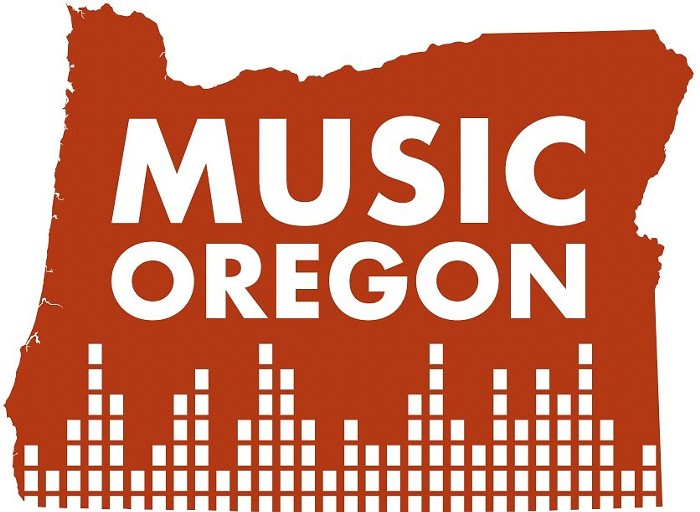IT'S A TALE as old as popular music itself: massively successful, venerated legends of popular music back in England, misunderstood one-hit wonders over here in America.
You know the hit: "West End Girls," originally released in 1984, and a worldwide smash shortly thereafter. Like most of the Pet Shop Boys' output, it's a perfect nugget of immaculately constructed synthpop: eminently danceable, simultaneously upbeat and melancholy, bearing rich lyrical gifts of double entendre and historical references, all whipped up to frothy euphoria by a pair of impossibly arch, loudly costumed men of cryptic sexual orientation and a penchant for one-word album titles.
No wonder we weren't quite ready for them over here.
Popular consensus holds that, between 1986 and 1993, the Pet Shop Boys (Neil Tennant, vocals, and Chris Lowe, keyboards) released five unimpeachable classics in a row (Please, Actually, Introspective, Behaviour, and Very), only to experience a steep drop-off in quality soon after. While their timeless-classic-to-merely-sublime ratio has occasionally skewed in the wrong direction with the passage of time, the truth is that the Pet Shop Boys have continued to release albums of almost frighteningly high quality. Ignore their post-Very output to your own detriment.
The Boys are currently riding a wave of critical goodwill engendered by the release of their vibrantly terrific new record, Electric. It's being hailed as a comeback, and though I enthusiastically agree that it's their best album in years, "comeback" isn't really the right word for it: They never really fell off.
With that in mind, here are some highlights from their supposed lean years:
A slow-burning heart stopper in which Tennant perfectly captures the feeling of looking over at one's lover and being smacked in the face with thoughts of, "What on Earth is this person doing hanging around with me? How did I get so lucky?"
Boasting a title ripped right out of the Morrissey songbook, you already know what you're getting with this one. Tennant takes a sighing, resigned look at a lover who when sober is indifferent and closed off, only to become romantic and effusive once hopped up on the devil's sauce. Bonus points for the inclusion of a synthpop first: a pedal steel solo!
The current cries of "they're back!" echo the PR push that surrounded 2006's Fundamental, their much-ballyhooed reunion with '80s superproducer Trevor Horn ("Video Killed the Radio Star," "Owner of a Lonely Heart"), which was a bit of a corrective measure after 2002's tepid Release. It's a sleek, slyly political record whose best track, "Minimal," is a relentless, slick club banger colored with shades of New Order, and features a typically over-the-top Trevor Horn orchestral breakdown at the end.
Yes, a collaboration with British pop production juggernaut Xenomania, is the most unabashedly bubblegum record in the Boys' oeuvre. "Did You See Me Coming?" is a perfect encapsulation of the album's over-the-top radio pop sound, featuring breathless lyrics about a chance romantic encounter and sparkling guitars courtesy of Johnny Marr.
Critical opinion on PSB's post-Very albums varies wildly, but everyone seemed to agree that the lugubrious, downbeat Elysium was the weakest Pet Shop Boys album in quite some time. But it's not all bad—the record concludes with this gorgeous song, a dreamy look back at decadent times over a slowly bounding disco track. Hangovers have rarely rung so nostalgic.
Earlier this year, the Pet Shop Boys astonished nearly everybody when they released Electric not even a year after the anemic Elysium. A joyous, retro romp through a kaleidoscopic array of dance music styles, Electric is so consistent in quality and tone that it's hard to pick just one highlight. That said, "Inside a Dream" might be the best dance track I've heard all year, with a sinewy, Giorgio Moroder-esque sequenced bass line throbbing menacingly beneath a pillow of heavenly disco bells and gooey synths.
Dave Depper is a Portland musician who plays in Menomena and Fruit Bats, among other projects. His song "Fly with Your Own Wings" appears in a new Cover Oregon ad.



















